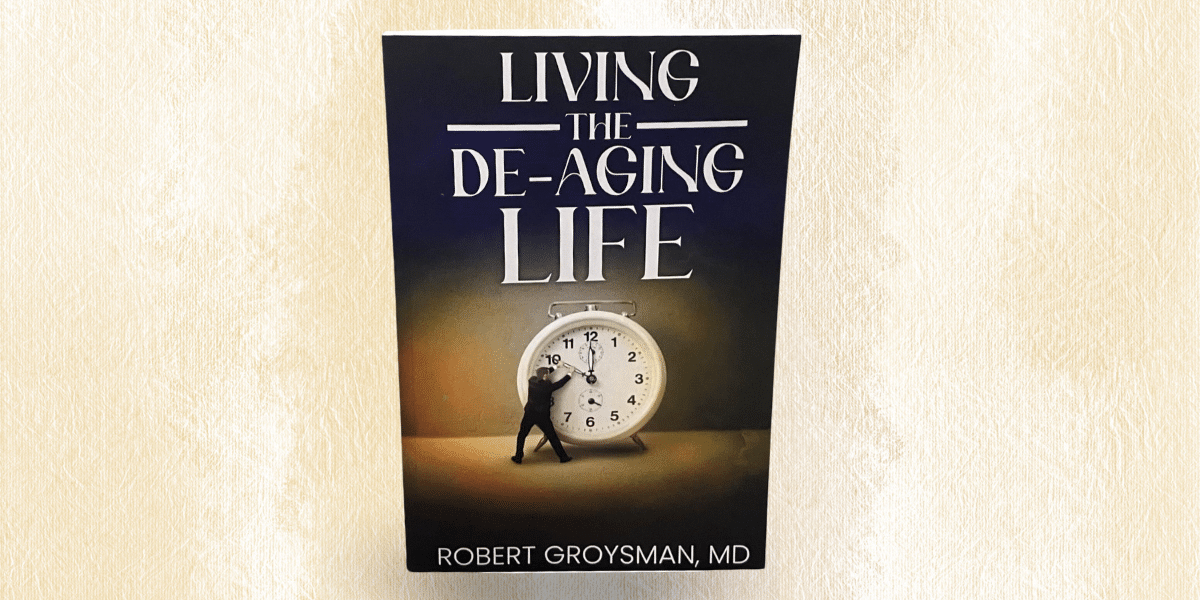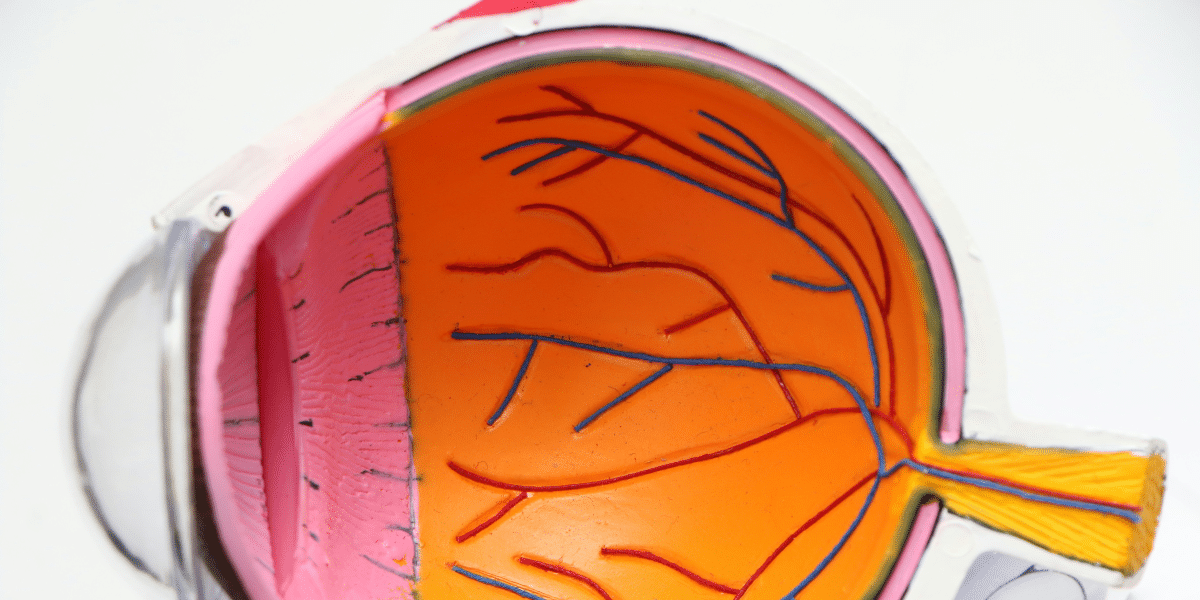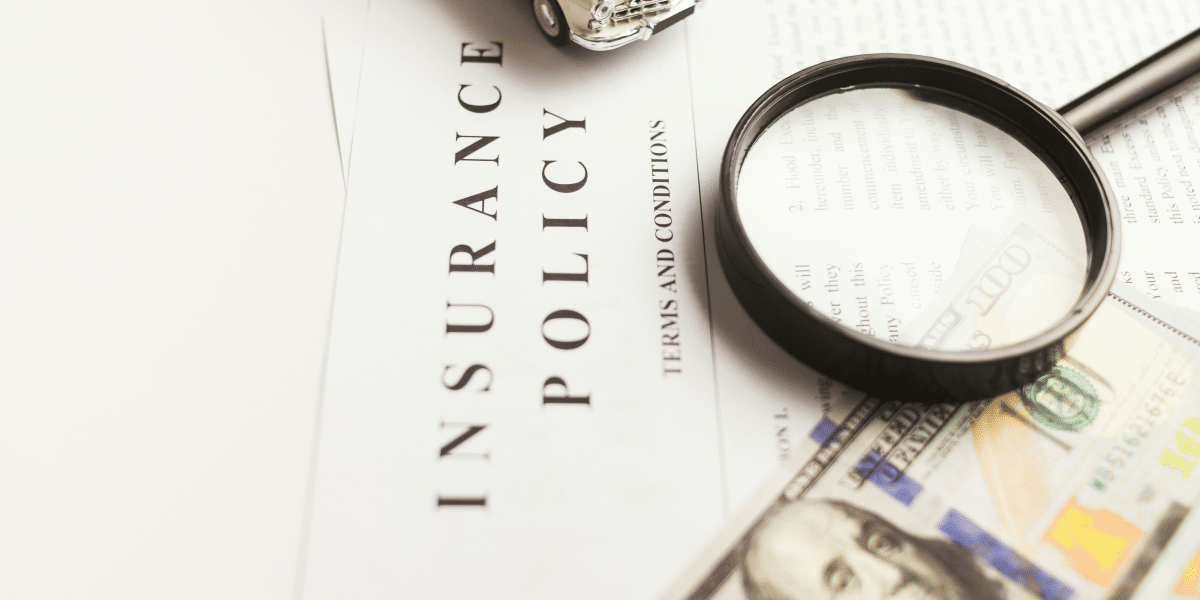It’s not uncommon to go into debt to get a car, buy a house, or go to school. However, it’s critical that you stay current on your debt payments, and ideally, you would repay your balances as quickly as possible. Failing to do either could cause several problems haunting you for years.
1. Interest Will Accrue
You pay interest to the lender for the right to borrow money. The longer you owe a balance, the more you will pay finance charges. Essentially, you are throwing away money that could be used to invest, contribute to your retirement, or otherwise use it for your benefit instead of the bank’s.
2. Minimum Payments Can Quickly Stack Up
You might not think much of a $50 minimum payment on a credit card or a $200 car loan payment. Of course, if you have three credit cards, a car payment, and a mortgage, those minimum payments may be difficult to keep up with. Eventually, you may be at risk of missing payments and the consequences of doing so.
3. Potential Consequences of Missing Payments
A missed payment could result in a late fee and a higher interest rate on your balance going forward. It could also damage your credit score, making it harder to borrow money in the future.
4. Assets Might Be Repossessed
Failure to make multiple payments on a secured loan could result in repossessing your car or home. You may still be liable for the difference between what you owe to the lender and the asset’s value when repossessed. A foreclosure or repo may also reduce your credit score, making finding a new home or apartment harder.
5. Your Mental Health Might Suffer
The thought of working 40 hours a week just to keep up with your minimum payments is depressing for most people. Your mental health may suffer even more if you lose your house, your car, or your job because of issues related to your finances. Ultimately, this might result in health care expenses you can’t afford to pay, leading to a downward spiral that will be difficult to overcome.
6. You Might Need to File for Bankruptcy
Although it doesn’t have the stigma that it did years ago, filing for bankruptcy carries many consequences. It will be difficult to get credit for several years after filing whether you opt for Chapter 7 or 13 protection. In addition, some debts, such as child support arrears, student loan balances, and other debts, cannot be discharged.
7. Decreased Financial Freedom and Opportunities
When you’re bogged down by debt, your financial freedom is significantly limited. The money that goes toward debt repayments each month could be used for other purposes, such as investing in new opportunities, taking a vacation, or simply building up an emergency fund. Debt ties up your income, leaving you with less flexibility to respond to unexpected expenses or to take advantage of financial opportunities that may arise. For instance, you might miss out on the chance to invest in a promising stock or a new business venture because your funds are tied up in debt repayments.
8. Difficulty in Building Wealth
One of the long-term impacts of not addressing your financial debt is the difficulty it creates in building wealth. Wealth accumulation often requires consistent saving and investing over time. However, when you’re saddled with debt, the money that could be going into savings or investments is instead being used to pay off interest and principal on loans. This delay in building wealth can have significant consequences over time, particularly when it comes to retirement. The earlier you start saving and investing, the more time your money has to grow through compound interest. Delaying this process due to debt can leave you playing catch-up later in life, potentially compromising your ability to retire comfortably.
Living within one’s means is an important skill, no matter how old. Several financial services are available to those who might not have access to them at school or at home. Banks, credit unions, and other financial institutions might also offer educational content to their customers for free.
Published by: Holy Minoza






